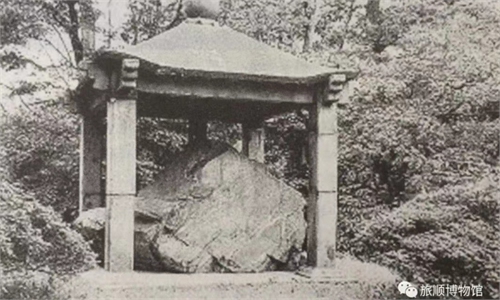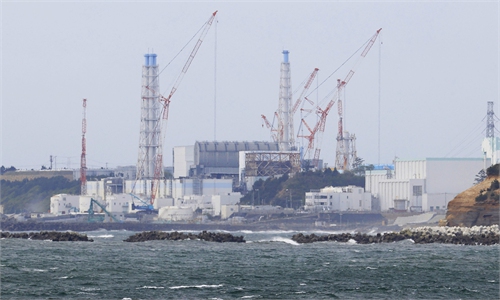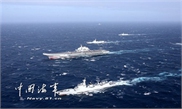
Fumio Kishida. Photo: CFP
Since the outbreak of the Russia-Ukraine conflict, Japan's Fumio Kishida administration has been following closely with the US and Europe in piling increasing pressure and sanctions against Russia, while trying to take the opportunity to seek diplomatic breakthroughs at bilateral and multilateral levels, which reflects Japan's real strategic intentions.The first is promoting United Nation's reform to realize Japan's dream of becoming a major political power in the post-war period. After becoming the second largest economy in the world in the late 1960s, Japan basically achieved its goal of economic rise in the post-war period. After that, Japan's overall national strategy began to shift toward becoming a political power, and it has continued to devote resources to this end.
Successive Japanese governments have since incorporated the promotion of UN reform into their foreign policies, and have relied on active economic diplomacy to gain the support of some small and medium-sized countries, part of which has been put into political documents or joint declarations between Japan and relevant countries.
Since the outbreak of the Russia-Ukraine conflict, the Japanese government, some Japanese media outlets and right-wing forces have been emphasizing Russia's "special status" as a permanent member of the UN Security Council, arguing that the veto power unique to permanent members is the best protection for Russia's participation in the UN system. They claim that this is also the fundamental reason why the international community is unable to impose effective sanctions and constraints on Russia. Against this background, some politicians and right-wing opinion leaders, including Prime Minister Fumio Kishida, have spared no effort to promote the necessity and importance of UN reform on various occasions, seeking political leverage for Japan's permanent membership.
Japan's second strategic intention is enhancing its military strength, especially its military attack capability. After the Ukraine crisis, Japan has been exaggerating the unstable situation of the international situation, and has taken the opportunity to highlight the so-called serious threat to Japan's national security which faces "great uncertainty."
On one hand, Japan seeks to justify its military development, which is restricted by the current pacifist constitution. Fearing opposition from the Japanese public, Japan's domestic conservative forces dare not to be too aggressive in this sensitive issue and play "word games."
Encouraged by the domestic conservative forces, Japanese politicians launched a discussion on "the capability to attack enemy bases" in an attempt to enhance the long-range military strike capability and comprehensive military power of the Japanese Self-Defense Forces. But the efforts have been opposed in Japan. Hence, the conservative forces, while emphasizing the basic policy of "exclusively defense-oriented policy," have cleverly replaced the term "counterattack capabilities" with "the capability to hit back at enemy bases."
On the other hand, Japan seeks strong financial support for military expansion. Japan's Liberal Democratic Party (LDP) recently proposed to revise the National Security Strategy, the National Defense Program Guidelines, and the Mid-term Defense Program. It called for increasing Japan's defense expenditure to 2 percent of GDP, the standard for NATO members, in the next five years. The proposal is certainly not only the idea of the LDP, but a consensus of Japan's far-right forces, which has a social basis and therefore a high possibility of being transformed into specific government policies in the future.
Although Japan stands as a "third party" in the Russia-Ukraine conflict, it is actively bonding itself to the conflict, the intention behind needs to be paid special attention by neighboring countries and even the international community.
The author is a senior research fellow with Shanghai Institutes for International Studies. opinion@globaltimes.com.cn



